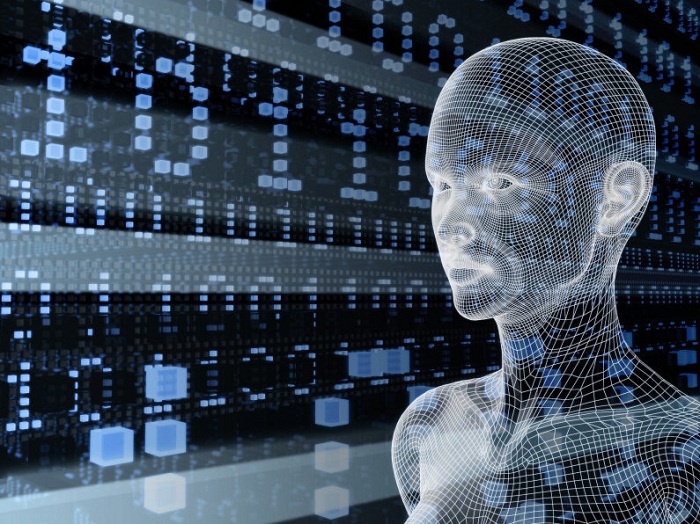Du Sautoy thinks that once the sophistication of computer thinking reaches a level basically akin to human consciousness, it`s our duty to look after the welfare of machines, much as we do that of people.
"It`s getting to a point where we might be able to say this thing has a sense of itself, and maybe there is a threshold moment where suddenly this consciousness emerges," du Sautoy told media at the Hays Festival in Hay-on-Wye, Wales this week. "And if we understand these things are having a level of consciousness, we might well have to introduce rights. It`s an exciting time."
Du Sautoy thinks the conversation about AI rights is now necessary due to recent advancements made in fields such as neuroscience. The mathematician, who appeared at the literature festival to promote his new book, What We Cannot Know, says new techniques have given us a clearer understanding than ever before of the nature of mental processes such as thought and consciousness – meaning they`re no longer reserved solely for philosophers.
"The fascinating thing is that consciousness for a decade has been something that nobody has gone anywhere near because we didn`t know how to measure it," he said. "But we`re in a golden age. It`s a bit like Galileo with a telescope. We now have a telescope into the brain and it`s given us an opportunity to see things that we`ve never been able to see before."
That greater insight into what consciousness is means we should respect it in all its forms, du Sautoy argues, regardless of whether its basis for being is organic or synthetic.
While the notion of a machine being protected by human rights sounds like something out of science fiction, it`s actually a fast-approaching possibility that scientists have speculated about for decades. The big question remains, when will computer systems become so advanced that their artificial consciousness ought to be recognised and respected?
Various commentators put the timeframe from 2020 through to some time in the next 50 years, although the rapid pace with which AI is progressing – be that playing games, learning to communicate, or operating among us undetected – means that nobody really knows for sure.
Du Sautoy can`t say when the time will come either – just that when it does, like the title of his book suggests, it will present another set of unsolvable mysteries.
"I think there is something in the brain development which might be like a boiling point. It may be a threshold moment," du Sautoy said. "Philosophers will say that doesn`t guarantee that that thing is really feeling anything and really has a sense of self. It might be just saying all the things that make us think it`s alive. But then even in humans we can`t know that what a person is saying is real."
More about:
















































